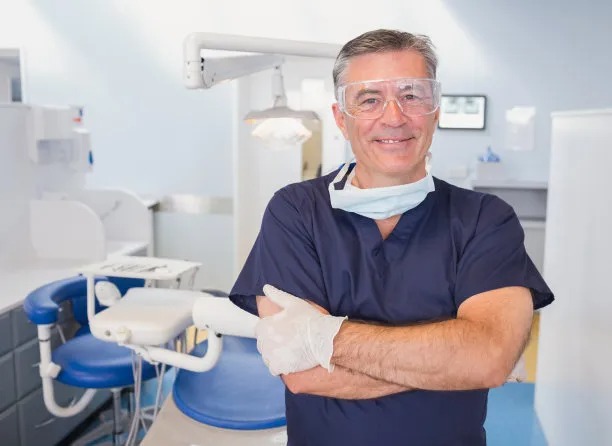Essential Precautions to Consider Before and After Receiving a Dental Filling for Optimal Oral Health Recovery
Summary: Dental fillings are a common dental procedure aimed at restoring the function and integrity of a tooth affected by decay or trauma. However, the recovery phase is crucial for optimal oral health. This article discusses essential precautions to follow before and after receiving a dental filling to ensure effective healing and to minimize discomfort. By considering factors such as pre-appointment preparations, post-procedure care, dietary restrictions, and follow-up dental visits, patients can contribute significantly to their recovery process. Understanding these precautions can lead to a more pleasant experience and long-lasting results, promoting overall dental health.
1. Preparing for Your Dental Filling Procedure

Preparation is vital when you have a dental filling appointment scheduled. One of the first steps involves ensuring all necessary information is communicated to your dentist. Discuss your medical history, any allergies, or ongoing medications to avoid possible complications.
Additionally, it’s advisable to have a designated driver if you’re receiving sedation or anesthesia. Sedatives can impair your ability to drive, so arranging transportation will prevent any post-treatment issues and help ensure your comfort.
Moreover, make sure to maintain good oral hygiene leading up to your appointment. Brushing and flossing your teeth not only helps prevent further decay but also creates a clean environment for the filling process. This minimizes the risk of infection and improves the effectiveness of the filling.
2. Immediate Aftercare Following a Dental Filling
Once the dental filling is complete, following the dentist’s aftercare recommendations is paramount. You may experience numbness from the anesthesia, so avoid eating until the sensation returns to prevent biting your cheek or tongue inadvertently.
Also, be cautious with the type of food you consume right after your appointment. Soft foods are recommended for the first few days to allow the filling to settle without putting undue stress on it. Avoid hard, sticky, or crunchy foods that could dislodge the filling during this fragile period.
Furthermore, it’s crucial to manage any discomfort post-procedure. Over-the-counter pain relief medications can help alleviate minor pain. However, if the pain persists or worsens, you should consult your dentist promptly to ensure there are no complications.
3. Diet Considerations After Getting a Filling
Your diet plays a significant role in the healing process. After receiving a filling, try to eliminate sugary and acidic foods, as they can lead to sensitivity and cavities around the filling. Instead, focus on a diet rich in vitamins and minerals to support your oral health.
Hydration is equally important. Drink plenty of water, as it aids in overall recovery and helps wash away food particles that might cling to the tooth. It also promotes saliva production, which is vital in maintaining a healthy mouth environment.
Additionally, avoid extremely hot or cold foods and beverages for the first couple of days. The newly filled tooth may be sensitive, and this sensitivity can be exacerbated by temperature extremes. Gradually reintroducing these items to your diet can help you gauge your tooths comfort level.
4. Importance of Follow-Up Appointments
After a dental filling, scheduling a follow-up appointment is essential. Your dentist can assess the filling to ensure it’s fitting correctly and functioning well. These visits can identify any underlying issues that may need further treatment to ensure long-term success.
Moreover, letting your dentist know about any unusual feelings or discomfort during your recovery phase is crucial. Should you detect changes such as persistent sensitivity or pain, reporting these issues early allows for timely intervention, preventing further complications.
Finally, these follow-ups are also an opportunity for your dentist to provide personalized recommendations and check your overall oral health. Regular monitoring can lead to better outcomes and the longevity of your dental fillings, ensuring you maintain optimal oral health.
Summary:
The article emphasizes the significance of both preparation and aftercare in the context of dental fillings. By following the essential precautions outlined, patients can significantly enhance their recovery experience and outcomes.
This article is compiled by Vickong Dental and the content is for reference only.



